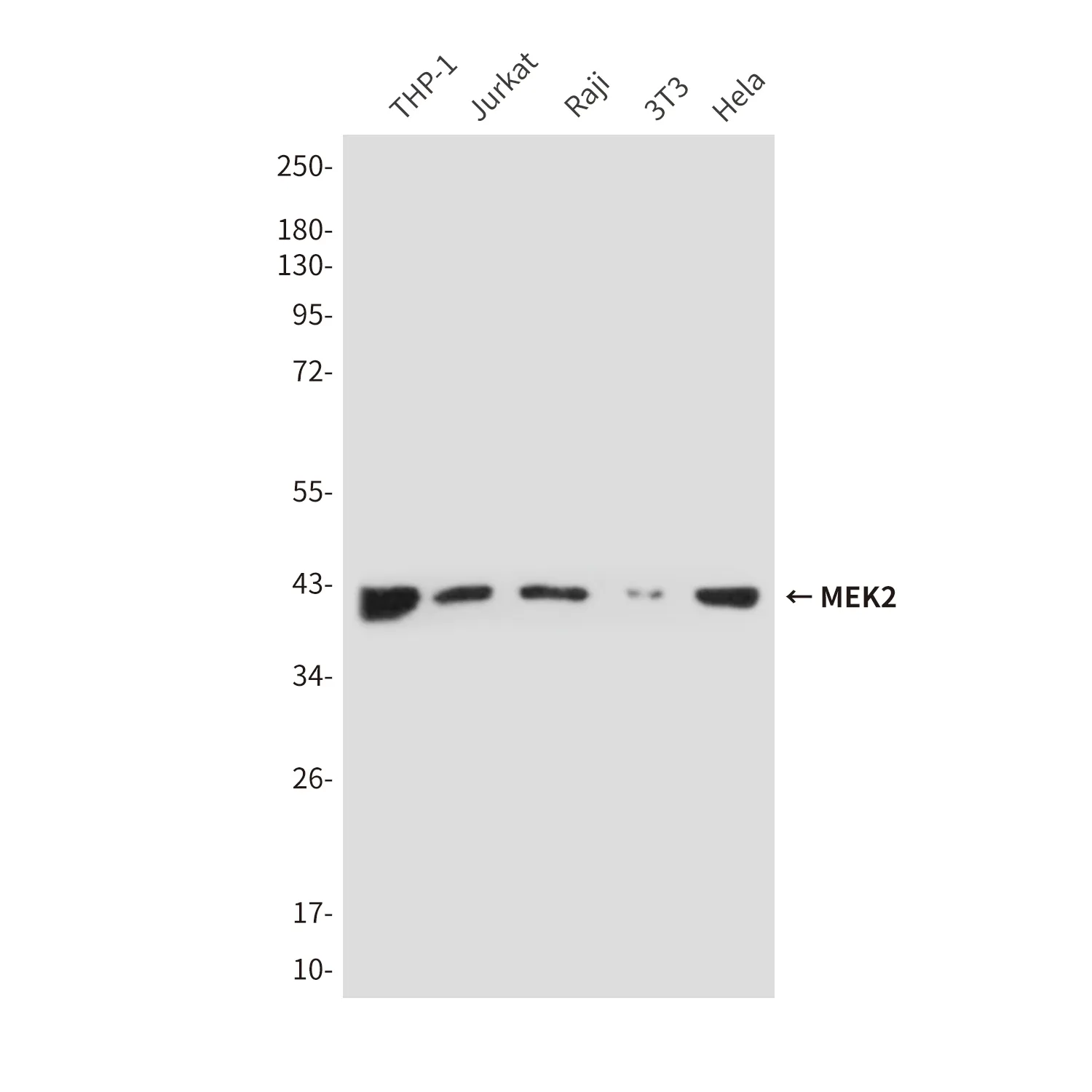Summary
Performance
Immunogen
Application
Background
Cell localization:Cytoplasm . Membrane . Nucleus . Cell junction, synapse . Secreted . Cell projection, axon . Membrane-bound in dopaminergic neurons (PubMed:15282274). Expressed and colocalized with SEPTIN4 in dopaminergic axon terminals, especially at the varicosities (By similarity). ..Alpha-synuclein is a member of the synuclein family, which also includes beta- and gamma-synuclein. Synucleins are abundantly expressed in the brain and alpha- and beta-synuclein inhibit phospholipase D2 selectively. SNCA may serve to integrate presynaptic signaling and membrane trafficking. Defects in SNCA have been implicated in the pathogenesis of Parkinson disease. SNCA peptides are a major component of amyloid plaques in the brains of patients with Alzheimer's disease. Alternatively spliced transcripts encoding different isoforms have been identified for this gene. [provided by RefSeq, Feb 2016],
Research Area




